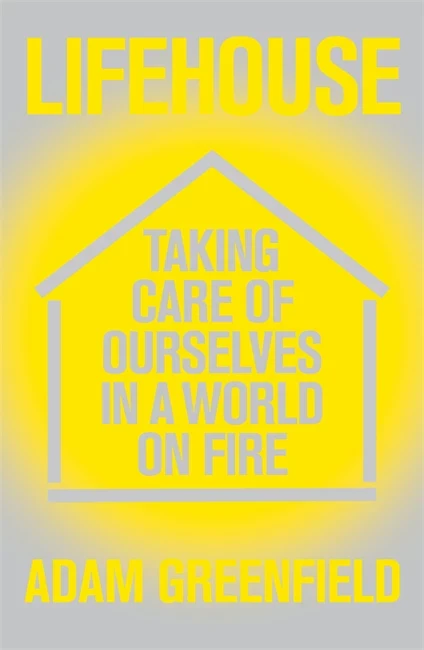xyhhx quoted Lifehouse by Adam Greenfield
The AANES was by no means a prisonless LeGuinian utopia. It has maintained prison systems throughout its existence, which at one point held some 2,700 civilians and 11,200 Daesh fighters and their families. But there does seem to have been a concerted, consistent effort to rethink criminal jurisprudence in such a way as to divert people from ever entering the system. And though, as we've seen, there were police units in Rojavan society, they appear to have conceived of their role differently than any public safety department we're likely to be familiar with.
Graeber gives us a sense of just how differently, in his account of a December 2014 visit to an Asayîs training academy:
Everyone has to take courses in nonviolent conflict resolution and feminist theory before they were allowed to touch a gun. The co-directors explained to us that their ultimate aim was to give everyone in the country six weeks of police training, so that ultimately, they could eliminate the police.
— Lifehouse by Adam Greenfield (Page 145 - 146)

